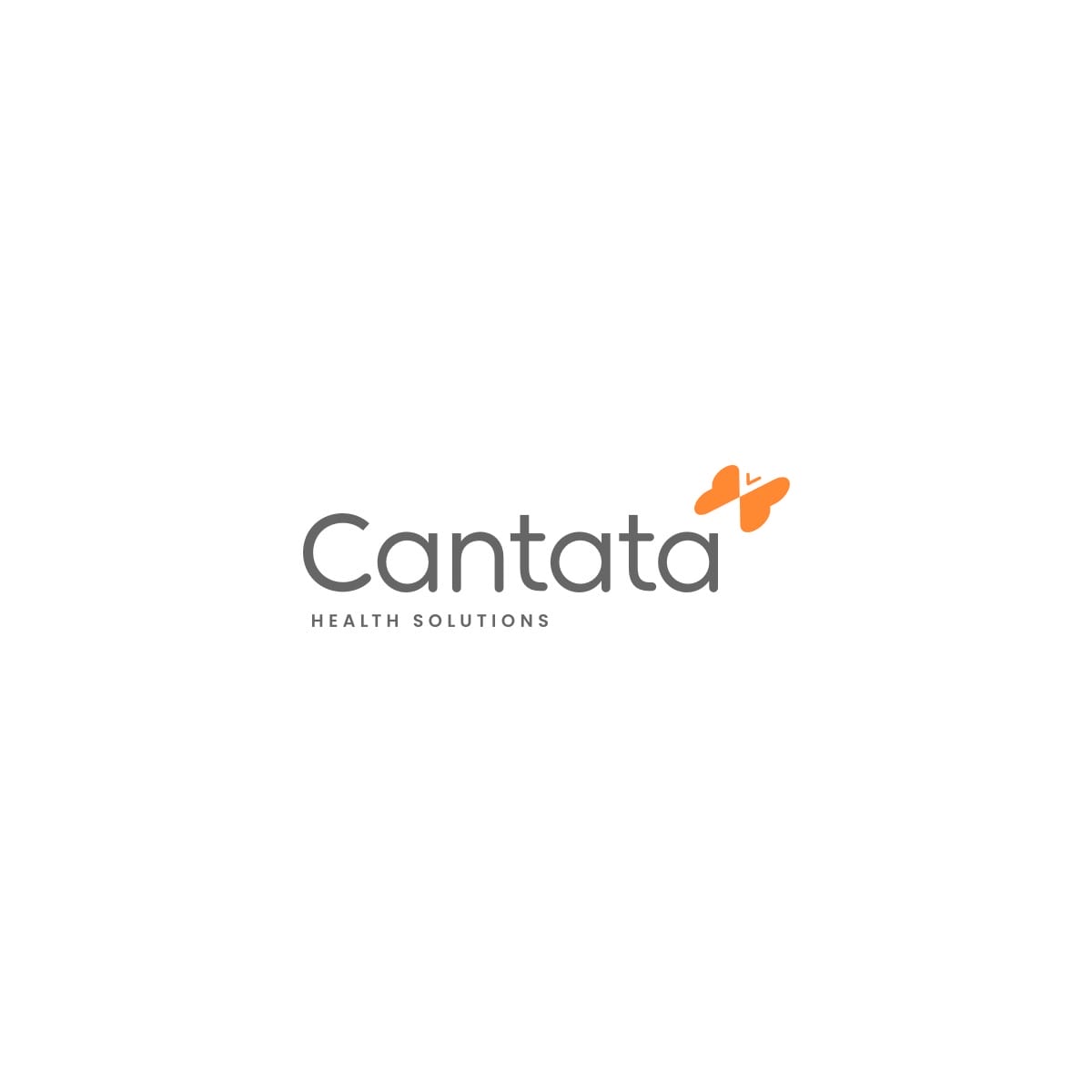This article was originally published on LinkedIn by Dr. Jorge R. Petit, Chief Clinical Advisor
As we move into 2025, let us continue to champion the cause of a more inclusive and welcoming healthcare environment with a focus on equitable, timely, affordable and accessible access to mental health and substance use disorder supports, services and treatment.
Here are my thoughts on the 10 areas of focus that we should be thinking about and planning for in 2025:
- Increased Integration of Behavioral and Physical Health: Ongoing efforts to fully integrate behavioral health services with primary care will emphasize holistic approaches, potentially through new models of collaborative/integrated care and further expansion of CCBHCs. Additional emphasis on increased competencies and access to more integrated services for those with complex care needs, such as individuals with suspected or diagnosed intellectual and developmental disabilities.
- Enhanced Focus on Mental Health Parity: Stronger enforcement of parity laws to ensure mental health and substance use services are as accessible and well-funded as physical health services, influenced by ongoing advocacy and potential legislative changes.
- Advancements in Digital Health and AI: Increased adoption of AI and digital tools in diagnostics, treatment planning, and patient management, which will increase personalized treatment and lead to improved outcomes in behavioral health. Shift to Electronic Health Records (EHRs) that are accessible and mobile, offering greater functionality for the workforce and enhanced patient portals.
- Policy Shifts Under the Trump Administration: Potential regulatory changes and policy updates that could reshape funding, accessibility, and the scope of practice in behavioral health under the new administration.
- Emphasis on Preventive Mental Health Care: A shift towards preventive measures in behavioral health to address issues before they escalate into more serious conditions, potentially incorporating more community-based wellness programs.
- Focus on Vulnerable Populations: Enhanced services and support for marginalized and vulnerable populations, including initiatives targeting homelessness, IDD, and health disparities among racial and ethnic minorities.
- Youth Mental Health: Increased attention on the wellbeing and mental health of children and adolescents, particularly relating to the impact of social media and digital interactions on youth well-being.
- Workforce Development: Initiatives to address workforce shortages in the behavioral health sector through training programs, incentives, and changes in scope of practice regulations to attract and retain talent.
- Data-Driven Decision Making: Greater reliance on data analytics to guide decision-making in behavioral health, enhancing care quality and operational efficiency.
- Zero Overdose: While trends are slowly improving, we still have a serious opioid crisis, and as such we should continue and expand efforts to enhance overdose prevention and safety planning. This must involve broader implementation of community-based training and integration of overdose risk assessment tools and Zero Overdose’s Overdose Safety Plan© into healthcare systems to proactively manage and reduce overdose risks.
We will need renewed vigor and continued strategic insight in order to achieve these goals. I invite you all to stay engaged, informed, and proactive in shaping a future where comprehensive and compassionate care is accessible to all.

